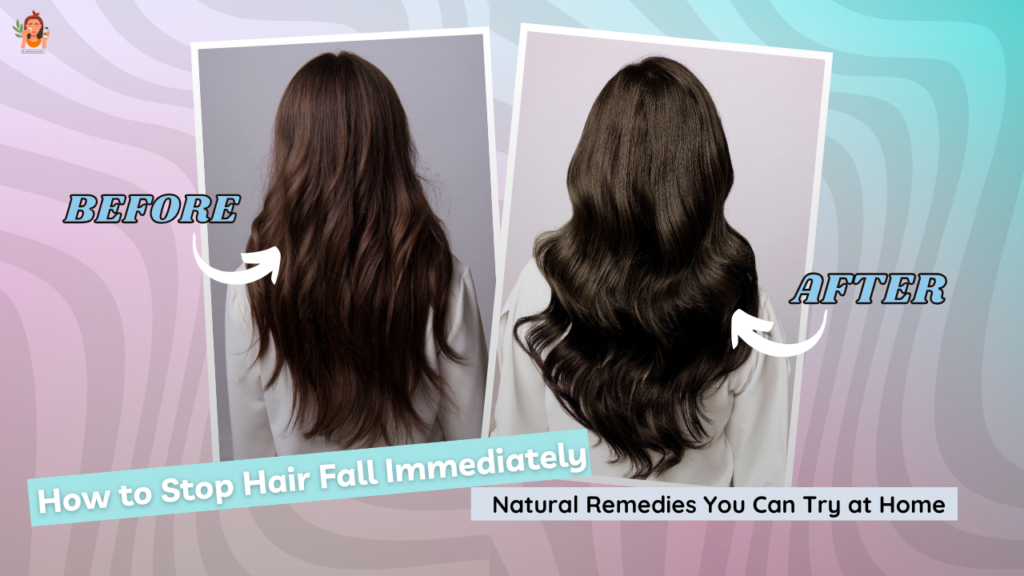
Hair fall is one of the most common problems faced by people of all ages and genders. Stress, unhealthy lifestyle choices, hormonal imbalances, nutritional deficiencies, and environmental factors can all contribute to hair loss. While losing a few strands daily is normal, excessive hair fall can lead to thinning hair and bald spots, causing emotional distress. If you’re looking for immediate and natural solutions to combat hair fall, this guide offers effective remedies you can try at home.
Understanding the Causes of Hair Fall
Before diving into remedies, it’s essential to identify what might be causing your hair fall. Common causes include:
Nutritional Deficiency: Lack of essential vitamins and minerals like biotin, iron, zinc, and vitamin D can weaken hair.
Hormonal Changes: Conditions like pregnancy, menopause, and thyroid issues often lead to hair fall.
Stress: Physical and emotional stress can trigger hair fall through a condition called telogen effluvium.
Hairstyling Habits: Excessive use of heat tools, harsh chemicals, and tight hairstyles can damage hair.
Scalp Infections: Dandruff, fungal infections, and clogged hair follicles hinder healthy hair growth.
By addressing these underlying causes, you can effectively reduce hair fall and promote healthier hair growth
Immediate Natural Remedies for Hair Fall
Here are tried-and-tested natural remedies that can help reduce hair fall and strengthen your strands. These methods are safe, easy to implement, and use ingredients readily available in most households.
1. Coconut Oil Massage
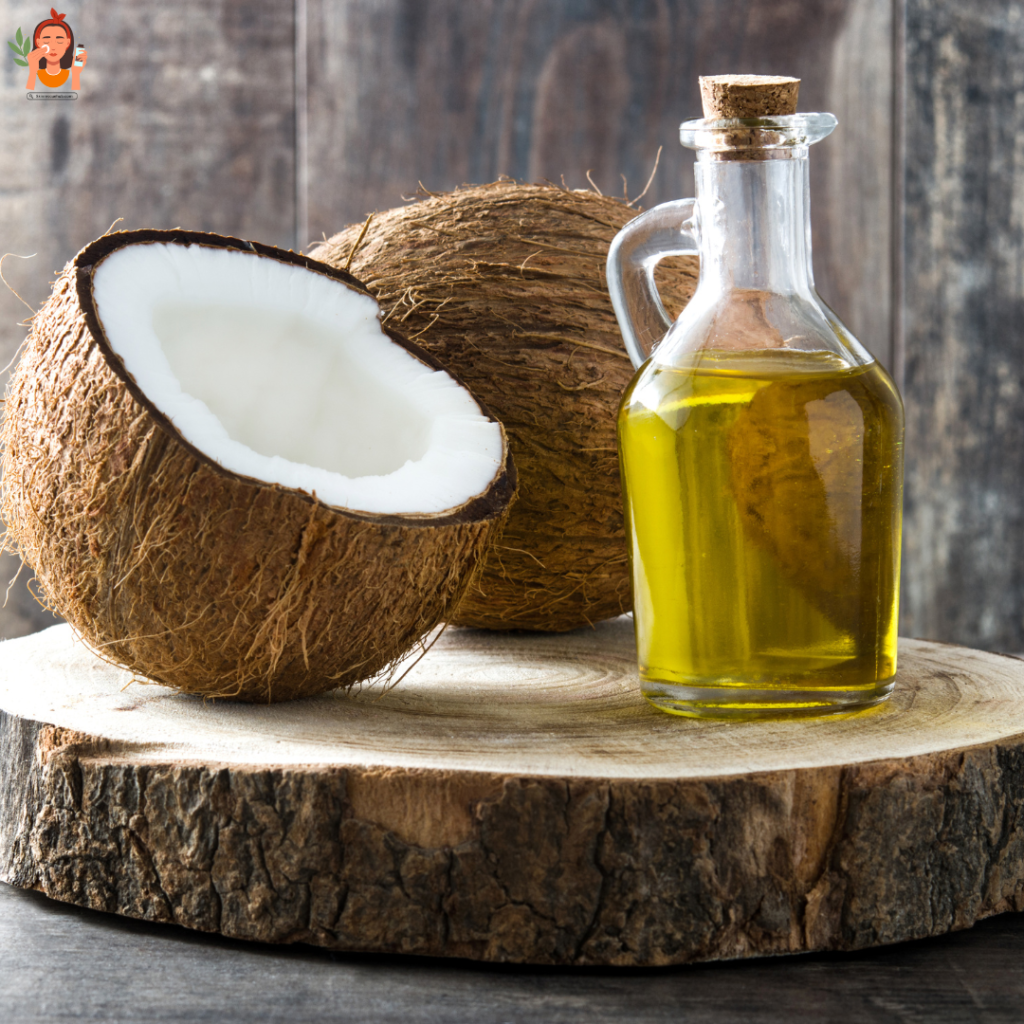
Coconut oil is rich in fatty acids and vitamins that nourish the scalp and strengthen hair roots. It also has antimicrobial properties that help prevent scalp infections.
How to Use:
Warm 2-3 tablespoons of coconut oil.
Gently massage it into your scalp using your fingertips in circular motions.
Leave it on for at least 1 hour or overnight for deep conditioning.
Wash with a mild shampoo.
2. Onion Juice
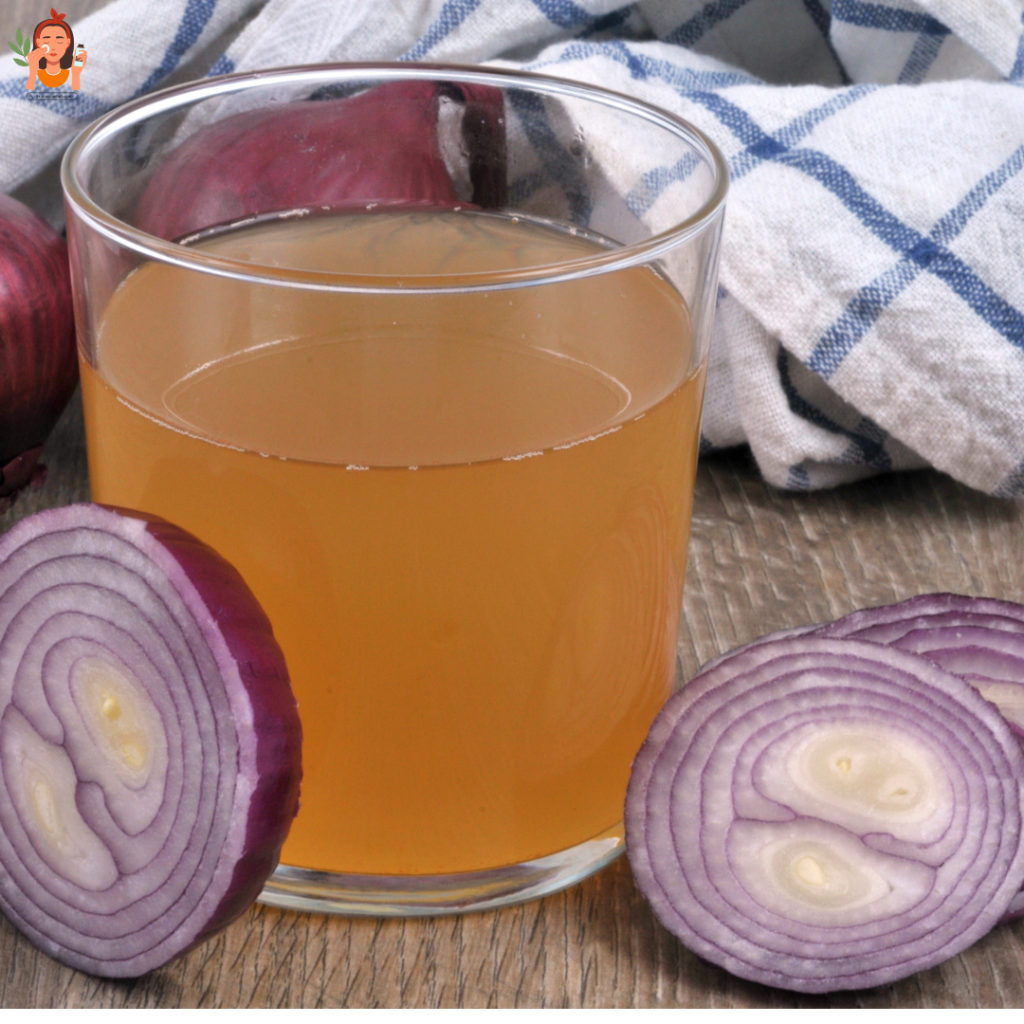
Onion juice contains sulfur, which boosts collagen production and improves blood circulation to the scalp, promoting hair growth.
How to Use:
Extract juice from a fresh onion by blending and straining it.
Apply the juice directly to your scalp using a cotton ball.
Leave it on for 30-45 minutes, then rinse with a mild shampoo to remove the odor.
3. Aloe Vera Gel
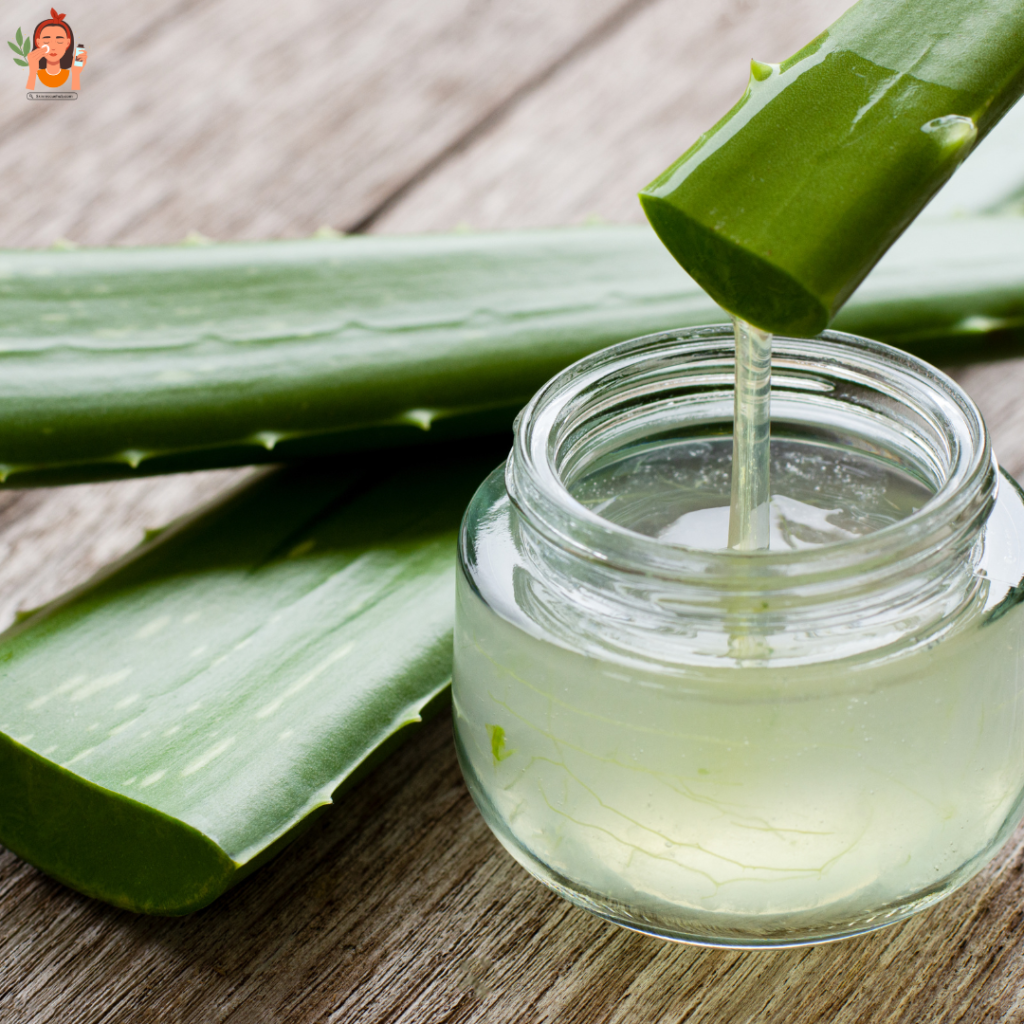
Aloe vera has soothing properties that reduce scalp irritation and inflammation. It also unclogs hair follicles and promotes healthy hair growth.
How to Use:
Extract fresh aloe vera gel from a leaf.
Massage it into your scalp and leave it on for 30 minutes.
Rinse with lukewarm water and shampoo
4. Egg Hair Mask
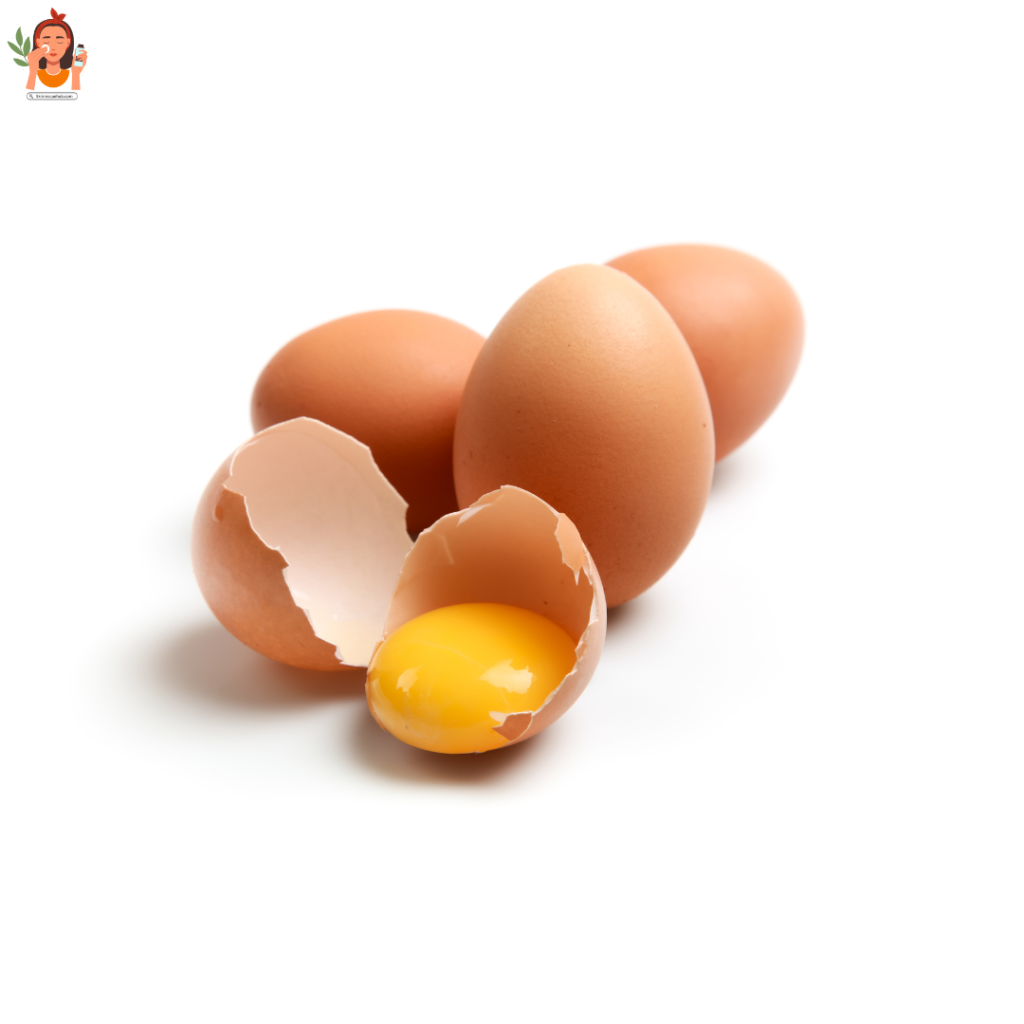
Eggs are rich in protein, biotin, and other nutrients that repair damaged hair and reduce breakage.
How to Use:
Beat 1-2 eggs (depending on hair length) and mix with 1 tablespoon of olive oil.
Apply the mixture to your scalp and hair.
Cover your head with a shower cap and leave it on for 20 minutes.
Rinse with cold water and a mild shampoo to avoid the egg’s smell.
5. Green Tea Rinse
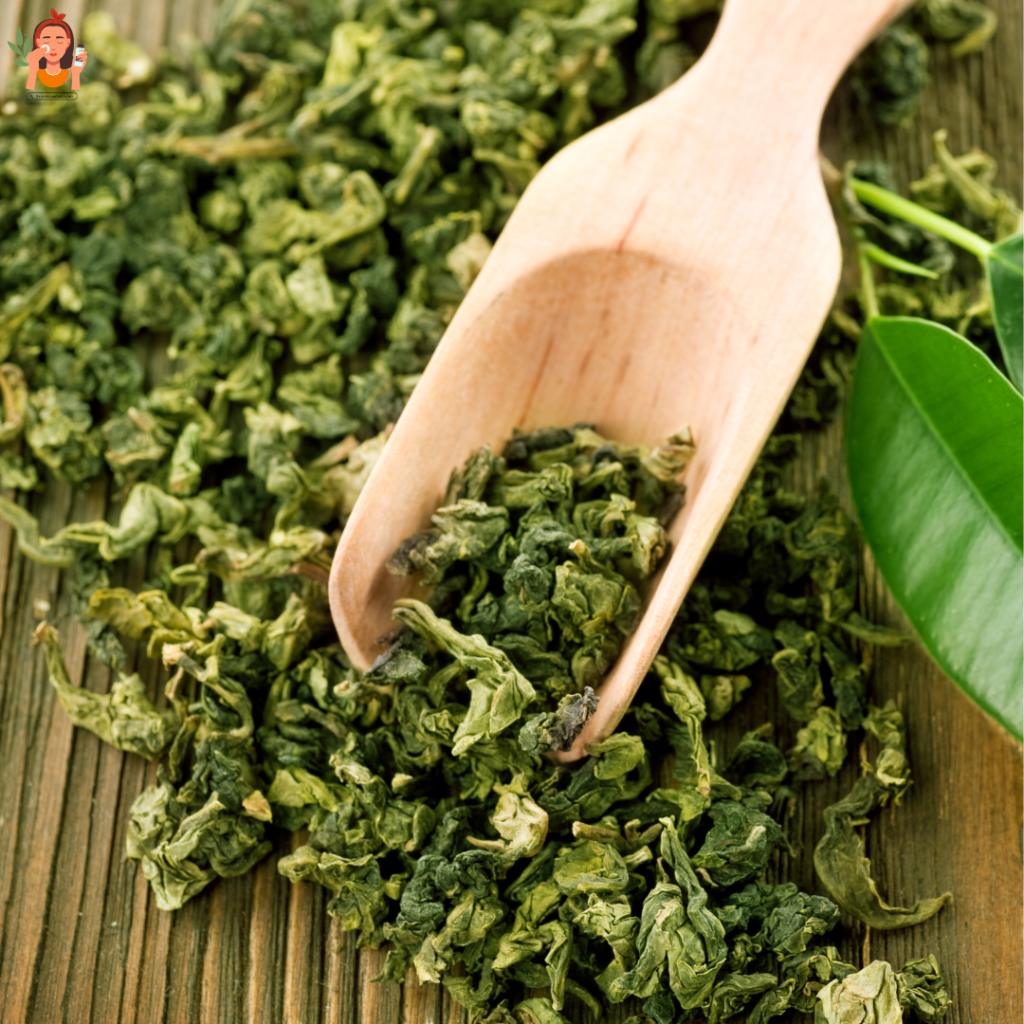
Green tea is packed with antioxidants that stimulate hair follicles and reduce hair fall.
How to Use:
Brew 2 green tea bags in hot water and let it cool.
After shampooing, pour the green tea onto your scalp and hair.
Massage gently and rinse with cool water after 5 minutes.
6. Fenugreek Seeds (Methi)
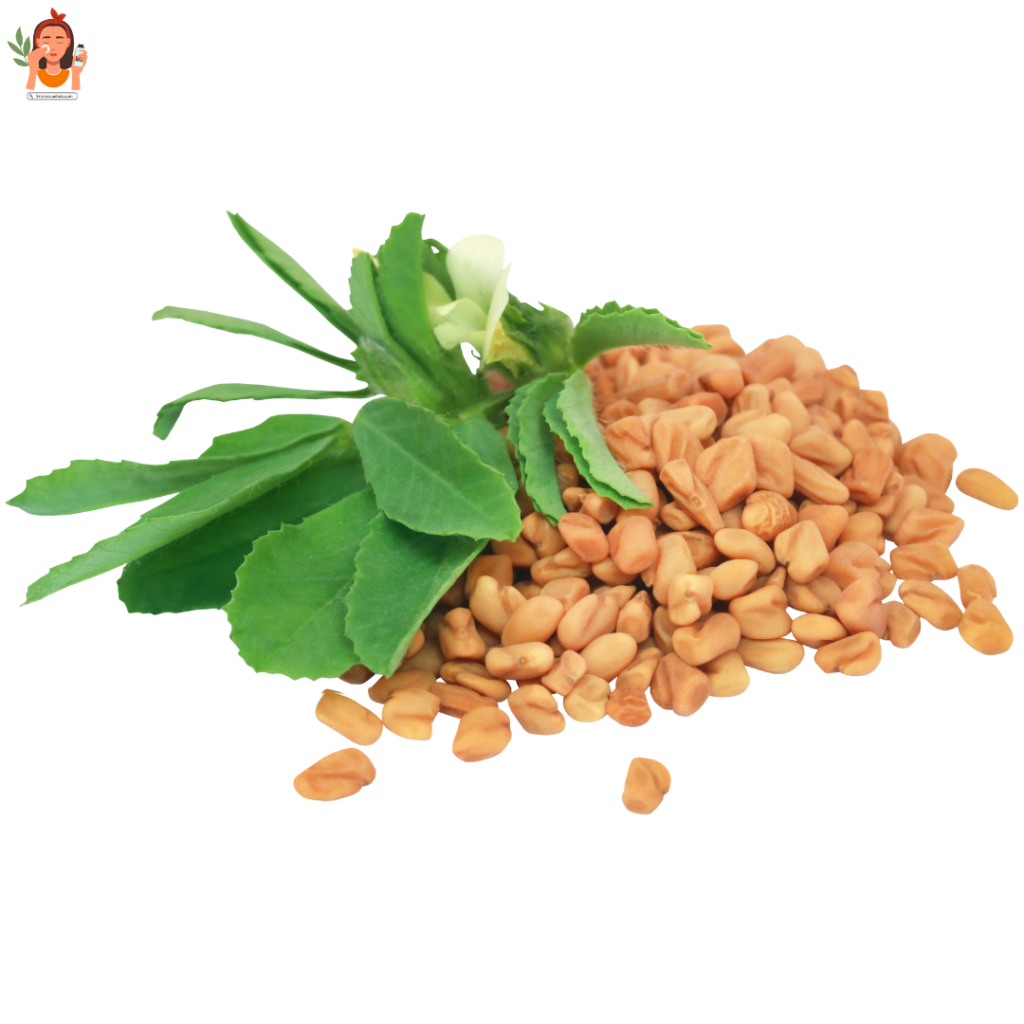
Fenugreek seeds are a natural source of protein and nicotinic acid, which strengthen hair and prevent hair fall.
How to Use:
Soak 2 tablespoons of fenugreek seeds in water overnight.
Grind them into a paste and apply it to your scalp.
Leave it on for 30 minutes, then rinse with lukewarm water.
7. Castor Oil Treatment
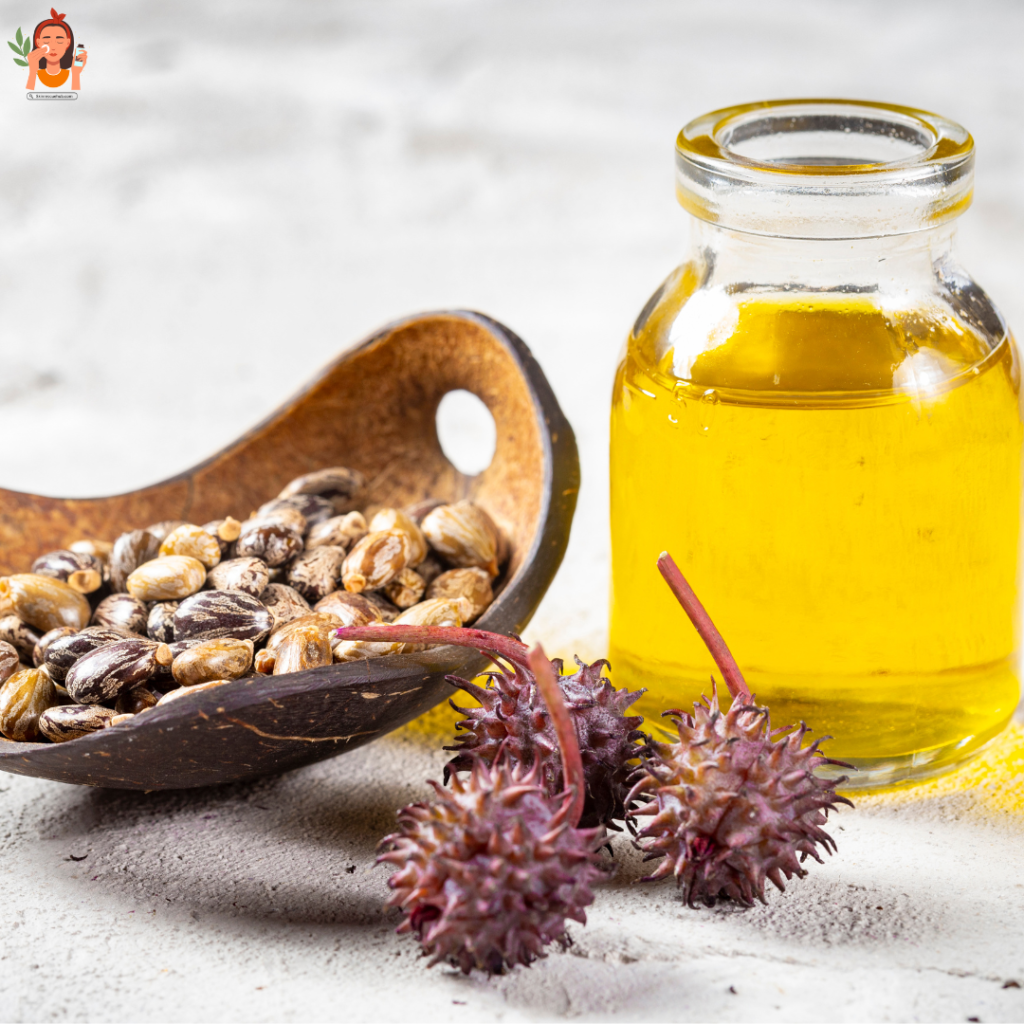
Castor oil is rich in ricinoleic acid, which improves blood circulation and strengthens hair roots.
How to Use:
Warm 2 tablespoons of castor oil.
Mix with coconut or olive oil for better consistency.
Massage into your scalp and leave it on for 1-2 hours.
Wash with a gentle shampoo.
8. Hibiscus Flower Paste
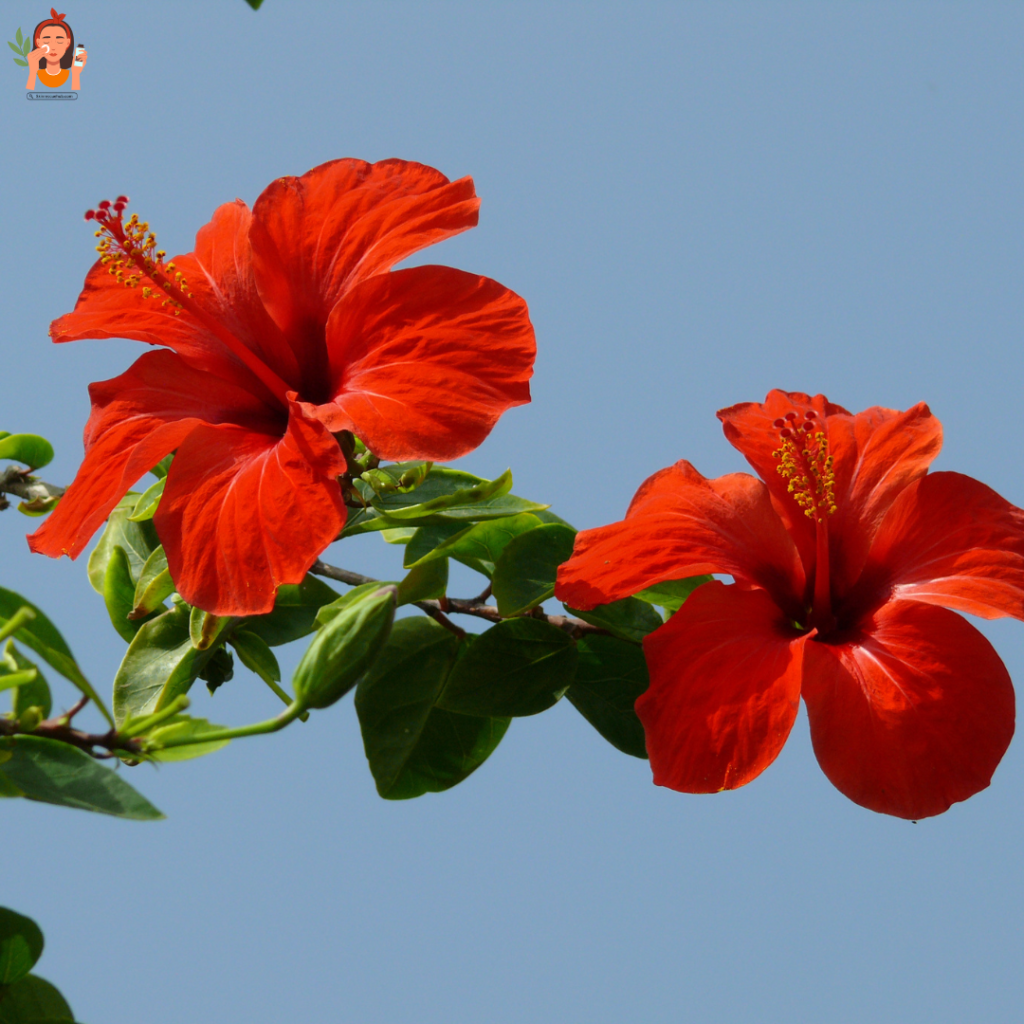
Hibiscus flowers and leaves are known to prevent hair fall, improve hair texture, and promote growth.
How to Use:
Grind a few hibiscus flowers and leaves into a paste.
Mix with coconut oil or yogurt.
Apply to your scalp and hair, leaving it on for 30 minutes.
Rinse with lukewarm water and shampoo.
Additional Tips to Prevent Hair Fall
Maintain a Balanced Diet:
Include foods rich in iron, zinc, omega-3 fatty acids, and protein, such as leafy greens, nuts, seeds, fish, and eggs.
Stay Hydrated:
Drink at least 8 glasses of water daily to keep your scalp hydrated and hair follicles healthy.
Avoid Over-Styling:
Minimize the use of heat styling tools and harsh chemical treatments.
Use Gentle Hair Products:
Opt for sulfate-free shampoos and conditioners that are gentle on your hair.
Practice Stress Management:
Engage in yoga, meditation, or physical activities to reduce stress levels.
Regular Trims:
Trim split ends regularly to prevent breakage and maintain healthy hair.
When to Seek Professional Help
While natural remedies can significantly reduce hair fall, some cases may require professional intervention. Treatments such as platelet-rich plasma (PRP) therapy, hair transplant surgery, laser therapy, and prescription medications like minoxidil or finasteride are commonly recommended by dermatologists and trichologists. These methods are tailored to individual needs and can effectively address severe or persistent hair loss. Consult a dermatologist or trichologist if:
Your hair fall persists despite trying home remedies.
You notice bald patches or severe thinning.
You have scalp infections, itching, or redness.





